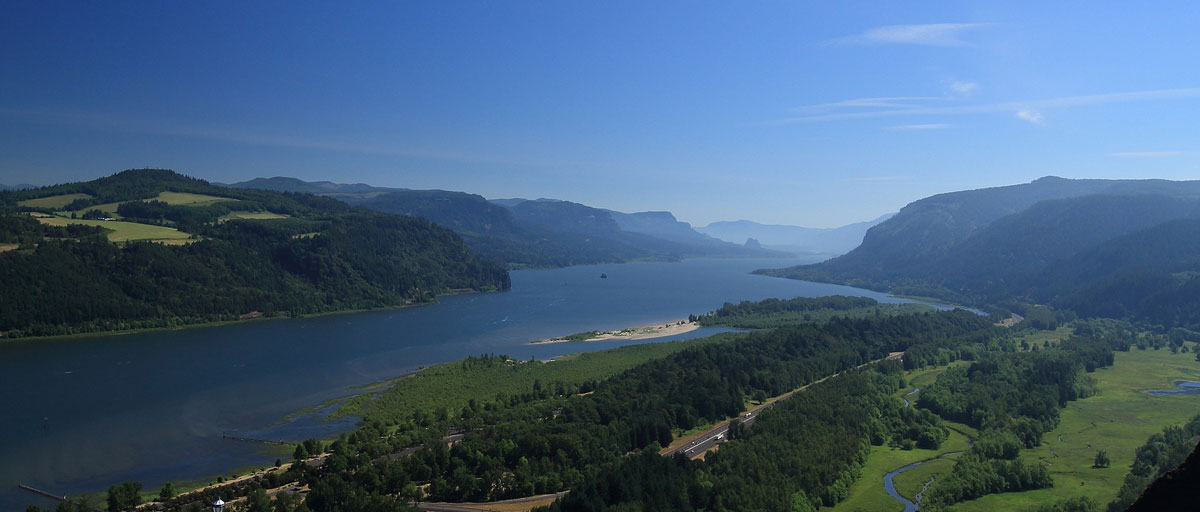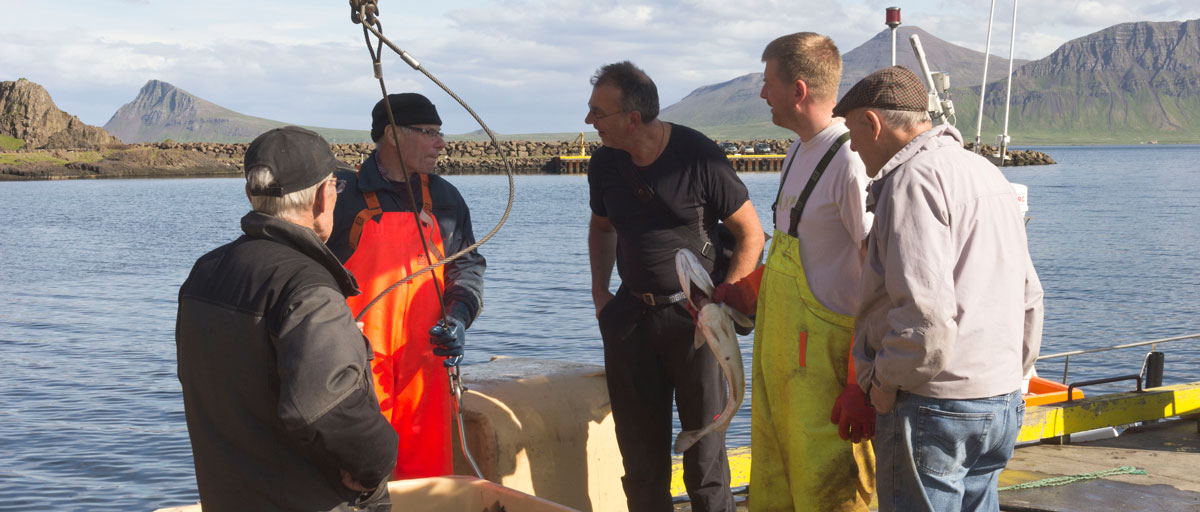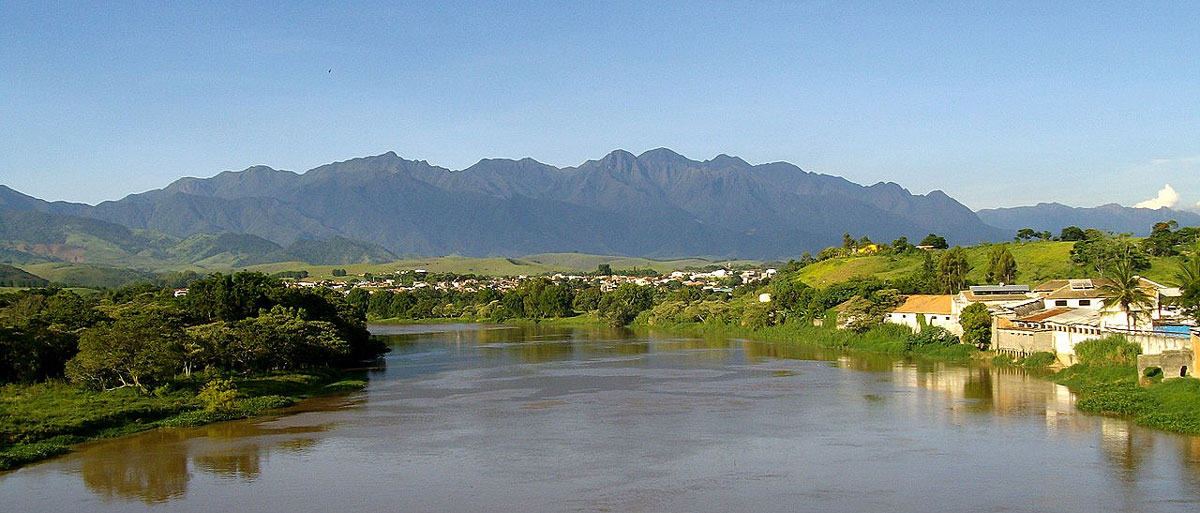Bildtext får vara max två rader text. Hela texten ska högerjusteras om den bara ska innehålla fotobyline! Photo: B. Christensen/Azote
WATER GOVERNANCE
Where the rivers run
Research on water governance suggests that increasing engagement from groups outside the confined borders of central governance means rethinking those borders in the first place
- International governance of river basins is centralised, which fails to capture the wide range of groups and values affected by decisions. It also fails to recognize the borders defined by other legal systems, such as those defined by Indigenous laws
- Polycentric governance is often proposed as a better form of governance for resilience, but questions remain whether centralized systems are transforming towards polycentricity resolve issues that marginalized groups are seeking to be addressed?
- The researchers present evidence of a transition towards polycentric governance but argue this requires slow degrees of change to create inclusive water governance that expands beyond borders.
Rivers do their own thing. They flow beyond boundaries, travel past country borders and span long distances. But despite this branching off into separate regions, river management traditionally depends on central governments.
This centralised method of decision-making often fails to recognise the voices of multiple communities and Indigenous nations and in some rivers, has led to decades of conflict.
The transition towards inclusive forms of water governance reflects how rivers provide social, cultural, and spiritual value to communities. Recognising these values also parallels the need to strengthen social-ecological resilience in rivers basins, as a recent study on water governance suggests.
An article published in Ecology and Society highlights a shift in water governance currently taking place. The study, led by William Jesse Baltutis of the University of Victoria, Canada and centre researcher Michele-Lee Moore investigates a transition to more inclusive water governance.
The researchers examine engagement from local and regional groups, Indigenous nations, provincial and national government as well as non-governmental groups.
They find that rather than complete transitions, there are only degrees of change that current centralized systems have been willing to take on.
It’s one thing to design a polycentric governance system from the outset. It’s another thing to try to turn a centralized, command and control system into a polycentric form.
Michele-Lee Moore, co-author
Governance to capture complexity
Termed polycentric governance, this is simply a model of governance for merging perspectives, values, and knowledge to form a unified yet integrated system of governance. These aspects help represent multiple voices in decisions, the authors suggest. This variety of overlapping perspectives could help strengthen resilience, considering the higher likelihood of coping with stressors.
Despite aiming for polycentric governance, obstacles still remain, the researchers add. An imbalance of power between decision-makers often leads to marginalisation of groups, such as indigenous communities with traditional ties to the river before the invention of colonial borders.
But the researchers suggest that efforts are being made to overcome these challenges around rivers like Columbia in North America and Orange-Senqu in southern Africa. These rivers are both well-known for collaborative decisions on water management, hence they offer a glimpse of governance working to overcome boundaries.
Slow degrees of change
The authors highlight four main themes for evidence of a gradual shift in governance. The first involves “locked-in authority,” where power has mainly been held by a select few who are most interested in the economic benefits of rivers. While there is growing efforts to change this and include those representing the rights of those outside of this centralized authority, the authors suggest this occurs at a lesser and slower rate.
However, there is an increase in flexibility of river basin management, which is evident in the Lesotho Highlands Water Project and cooperation agreements in the Columbia River. Even though centralised water governance remains, bottom-up initiatives exist beside state governance.
New ways of collaboration aim for governance beyond strict borders defined through colonialism. Such initiatives exist in the Columbia Basin and work to represent the rights of people affected by the way the river is managed but who have little say in the current decisions.
The last theme that researchers identify relates to information transfer occurring among the multiple committees within each of the Columbia and Orange-Senqu Rivers. This provides a platform of shared knowledge between groups, helping coordinate perspectives and expand water management.
Ultimately, the study offers insight into a transformation of water governance and whether it can actually happen. While people outside of central governance are becoming increasingly engaged in river basin decisions, power mostly remains localised to the state.
“Our study demonstrates that transitions toward polycentric systems may not occur in a single instance or uniformly across the governance system.” Rather, the authors suggest this transition is still in the early stages of gradual change before water governance beyond borders can exist.
Methodology
The researchers chose to focus on the Columbia River and the Lesotho Highlands Water Project as case studies to analyse a transition towards polycentric governance. Data collection took place in the form of semi-structured interviews led by open-ended questions. People interviewed were those involved in water governance of the two basins. This ranged from members of the community, Indigenous organisations, local government, provincial and national government ministries, NGOs, academia, and the private sector. Interviews were then transcribed and manually coded with a software data management tool (MaxQDA) to generate codes that the researchers would then use for further testing in in-depth interviews and to organise codes into themes. Key ideas that developed from the coding process were compared to theories in literature about polycentric governance.
Baltutis, W. J., and M.-L. Moore. 2019. Degrees of change toward polycentric transboundary water governance: exploring the Columbia River and the Lesotho Highlands Water Project. Ecology and Society 24(2):6.

Moore’s research seeks to build and mobilize knowledge about social innovations - ones that allow us to transform and build positive paths towards social-ecological-cultural resilience. Primarily, she has focused on topics of transnational and local water governance, social innovation, and transformation.










